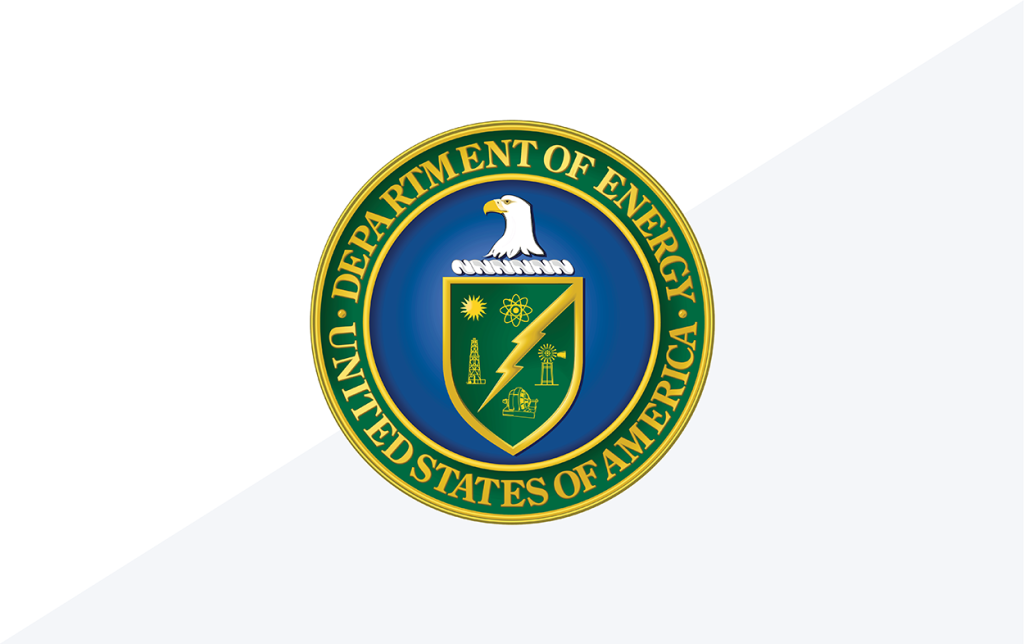HALEU to support deployment of next-generation reactors and domestic fuel lines
WASHINGTON—The U.S. Department of Energy (DOE) today made conditional commitments to provide high-assay low-enriched uranium (HALEU) to three U.S. companies to meet near-term fuel needs. The second round of HALEU allocations will support the testing of two advanced reactor designs and jumpstart a new domestic advanced fuel line to unleash an American nuclear energy renaissance.
“President Trump has prioritized jumpstarting a true nuclear energy renaissance, and the Department of Energy is doing everything within its power to achieve this ambitious agenda, including increasing access to materials needed to fabricate advanced nuclear fuels,” said U.S. Secretary of Energy Chris Wright. “We’re reducing our dependence on foreign-sourced minerals while giving the private sector the boost it needs to succeed. The HALEU allocation program is a win for the economy, energy security, and the American people.”
HALEU is not currently available from domestic suppliers and many advanced reactors need the material to achieve smaller designs, longer operating cycles, and increased efficiencies over current technologies. To help fill this gap, DOE created a process for nuclear developers to request HALEU material from DOE sources, including material from the National Nuclear Security Administration (NNSA).
DOE allocated its first amounts of HALEU to five companies earlier this year, with three of them requiring fuel delivery in 2025. Three additional companies have been selected for conditional commitments based on prioritization criteria established through the program. The three companies are:
Antares Nuclear, Inc., for use in their advanced microreactor design that is looking to go critical by July 4, 2026, under the Department’s Reactor Pilot Program.Standard Nuclear, Inc., to establish TRISO fuel lines to support the Reactor Pilot Program and other TRISO-fueled reactors.Abilene Christian University/Natura Resources LLC, for use in a new molten salt research reactor that is under construction in Texas.
As a next step, DOE will initiate the contracting process to allocate the material to the three companies, some of which could receive their HALEU later this year. The allocation process is ongoing, and DOE plans to continue HALEU allocations to additional companies in the future.
The second round of conditional commitments of HALEU were made through the HALEU Availability Program, which was established in 2020 to secure a domestic supply of HALEU for civilian domestic research, development, demonstration, and commercial use.
Learn more about DOE’s HALEU allocation process HERE.
###

